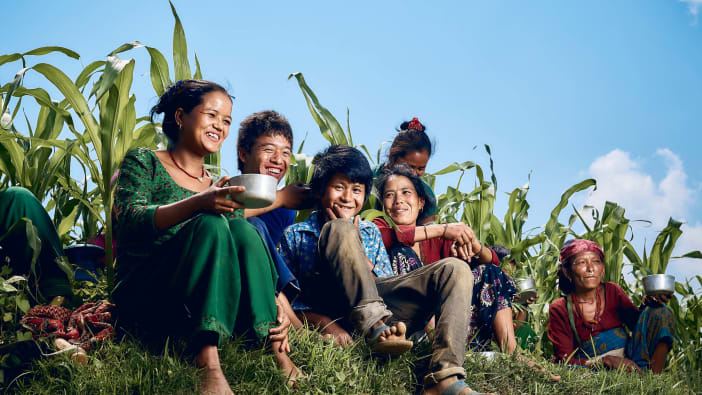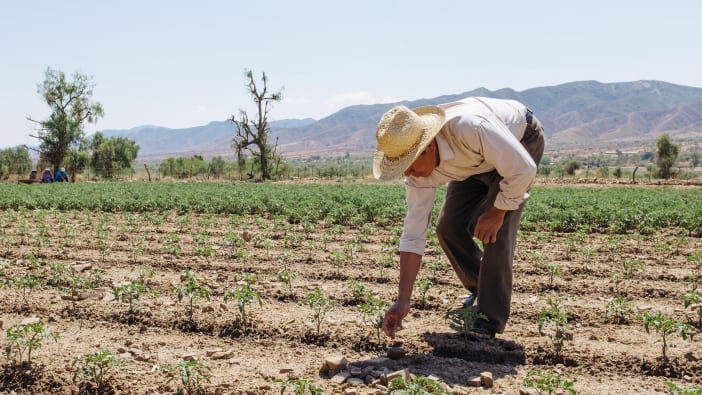Introduction
Tearfund works with local churches in more than 50 of the world’s poorest countries to help people lift themselves out of poverty, live transformed lives and reach their God-given potential. We believe that poverty is not God’s plan. It is the result of our broken relationships with God, ourselves, others and the environment. And we believe that we, through the local church, are God’s plan for restoring these relationships and ending global poverty.
We have a vision for a sustainable global economy in which extreme poverty is ended, the balance in creation is restored and inequality is reduced. Striving towards this vision, Environmental and Economic Sustainability (EES) has been one of Tearfund’s corporate priorities since 2018.
After five years of EES programming, we worked with an independent consultant to take stock of our progress. We examined documentation from 24 EES projects across 19 countries and visited projects in Brazil, the Democratic Republic of Congo (DRC), Malawi, Nepal, Pakistan and Zambia. The review identified strengths and challenges and reflected on areas for revision, improvement and future growth.
The results are encouraging. Our EES projects are having a positive impact on social, environmental and economic conditions, and are contributing towards achieving the Sustainable Development Goals (SDGs).
What is environmental and economic sustainability (EES)?
Tearfund recognises that climate change, the environment and people’s livelihoods are closely connected. Our response is to promote environmental and economic sustainability (EES). EES is about working towards a world where extreme inequality is reduced and where everyone can meet their basic needs – and flourish – within their environmental limits. We believe that EES work can bring about a deep-seated mindset and behavioural change as churches and communities realise how much God loves his world – and our need to care for it.
EES has a wide range of elements. All EES projects are making sure they address environmental challenges and economic wellbeing at the same time. EES activities include: advocacy, influencing and movement building; waste management; self-help groups and savings groups; green livelihoods projects; renewable energy; and climate-smart agriculture.








